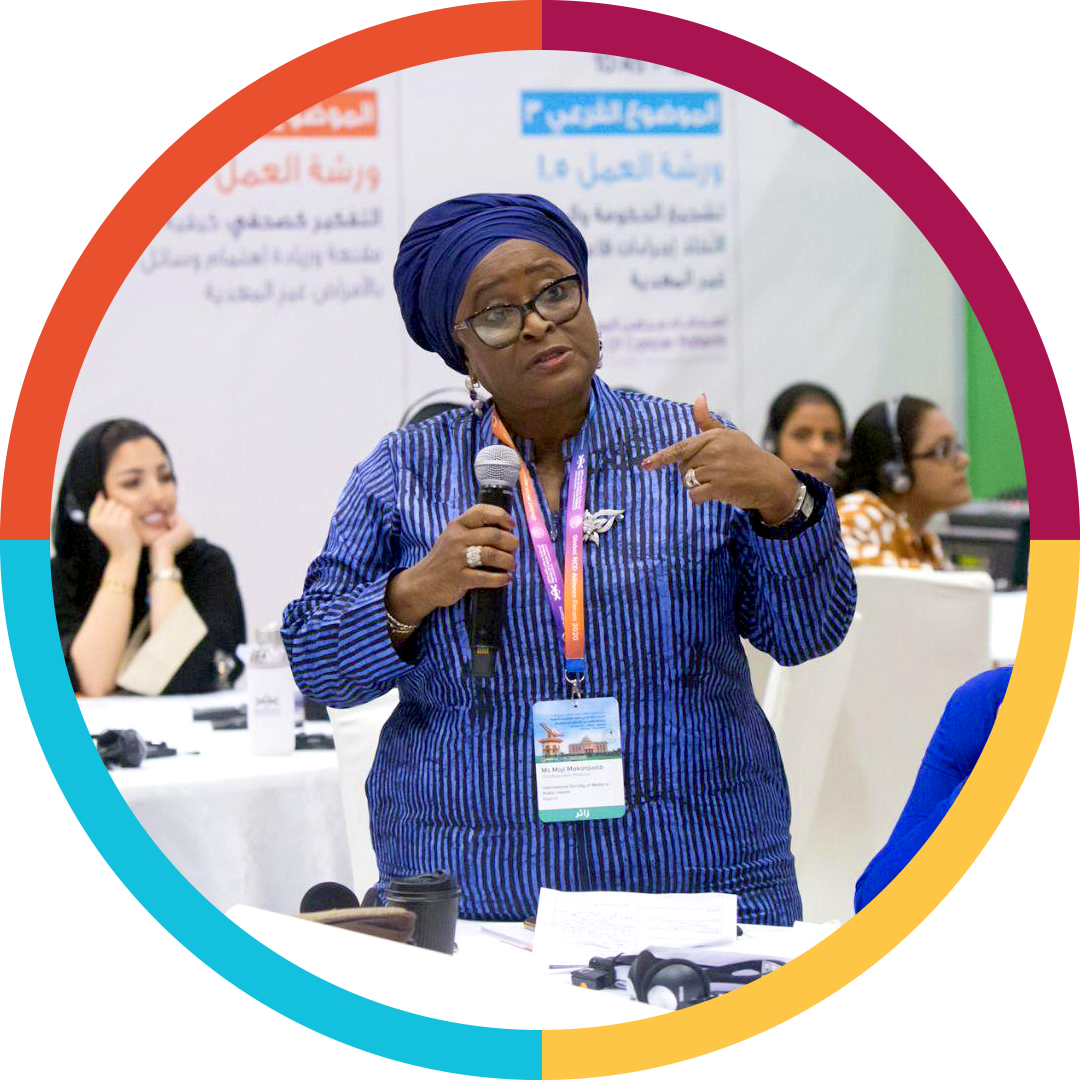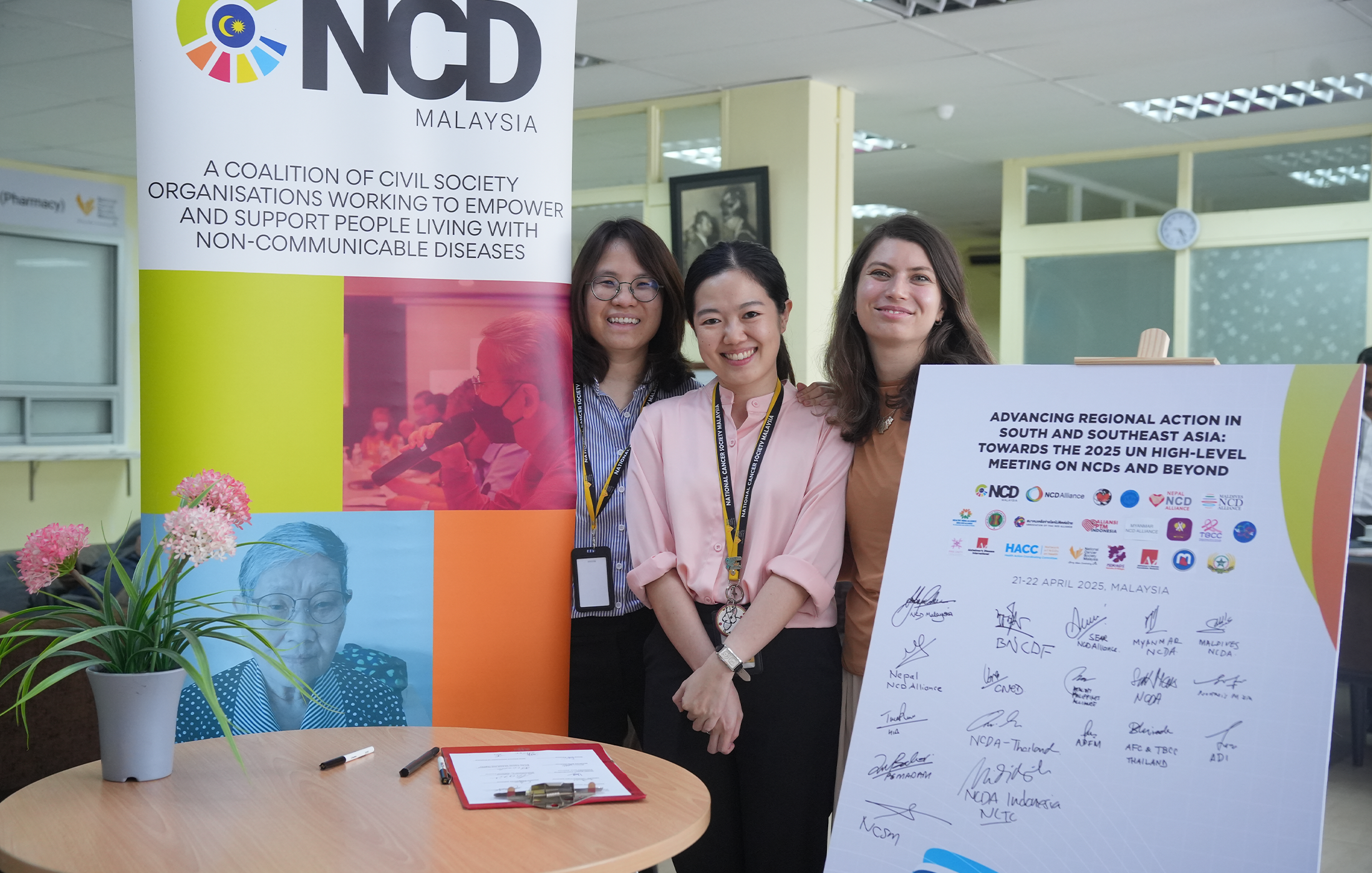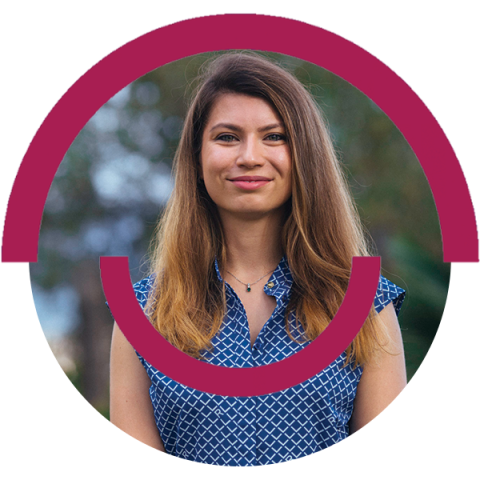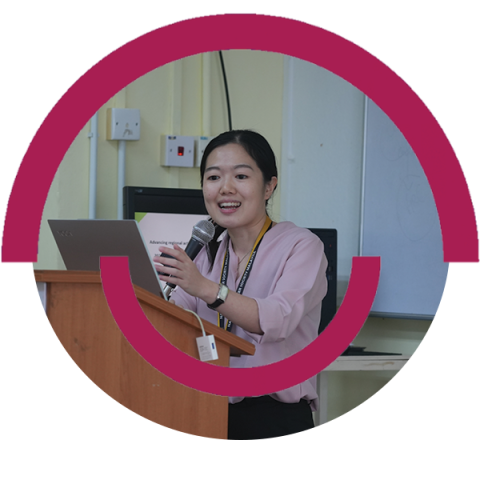The year 2025 marks a milestone for the global NCD agenda, with the upcoming UN High-Level Meeting on NCDs (HLM4) offering a rare opportunity to influence global commitments. Across South and Southeast Asia, civil society networks and alliances are stepping up, determined to ensure regional voices shape the global conversation.
From both regional and global perspectives, we’ve seen the power of civil society when it unites. But in a region as complex as Asia, coordination is easier said than done. Fragmented governance structures and blurred boundaries make regional alignment a challenge – but all the more necessary.
It was against this backdrop that NCD Malaysia, with support from the NCD Alliance, hosted a regional workshop in Kuala Lumpur in April 2025. Titled Advancing Regional Action in South and Southeast Asia: Towards the 2025 UN High-Level Meeting on NCDs and Beyond, the workshop united national and regional NCD alliances to connect, strategise, and build momentum. For us, it was both a moment of leadership and an opportunity to deepen solidarity and coordination within the region.
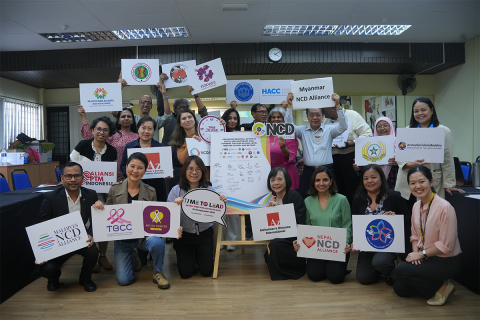
Regional complexity, shared challenges
Asia’s health governance architecture is far from simple. The World Health Organization (WHO) divides the continent into two main regions: the South-East Asia Region (SEAR) and the Western Pacific Region (WPR). Countries such as Malaysia, Cambodia, and the Philippines fall under WPR, yet at times align more with their SEAR neighbours, whose health system challenges and resource settings may be more comparable than with those of higher-income WPRO members such as Australia or Japan.
Political and economic blocs like the Association of Southeast Asian Nations (ASEAN), which span both WHO regions, add another layer of complexity, but also opportunity. ASEAN’s increasing engagement in health provides civil society with a promising platform to influence regional priorities. With Malaysia currently chairing ASEAN, this moment holds unique potential to spotlight NCDs and promote cross-border collaboration.
The workshop gathered over 20 representatives and civil society advocates from 12 national and regional alliances – spanning Bangladesh to the Maldives, Myanmar to the Philippines. For some, this was a continuation of ongoing global engagement; for others, it was a first chance to collaborate across borders.
NCD Malaysia’s leadership in convening the workshop was pivotal. By creating space for dialogue and strategy, they helped spark new connections and reinforce existing alliances. As facilitators from both the national and global levels, we saw the value of peer-led spaces where local voices shaped the agenda.
One of the workshop’s most tangible outcomes was the co-creation of the Kuala Lumpur Declaration – a civil society communiqué outlining shared priorities for the HLM4 and beyond. The declaration was developed through collective discussion and shaped equally by the contributions of all participating alliances. It reflected not only shared goals but also a shared sense of responsibility and ownership. With South and Southeast Asia representing nearly a third of the world’s population, the need for clear and unified messaging is essential to ensure this region speaks not in fragmented voices, but as a collective force that cannot be overlooked in the HLM4 negotiations.
Moving from moment to momentum
Since April, that spirit of collaboration has continued. The SEAR NCD Alliance has remained deeply engaged in the HLM4 process, contributing to key milestones such as the UN Multistakeholder Hearing and supporting national advocacy. In WPR, the Healthy Philippines Alliance has emerged as a leader in coalition-building, working alongside NCD Malaysia, the Cambodia NCD Alliance, and others to strengthen vital subregional connections.
With Malaysia at the helm of ASEAN, there is growing potential to channel regional energy into policy influence. If civil society can strategically engage ASEAN’s mechanisms, NCDs could gain greater traction in regional health agendas – and alliances could gain a stronger foothold in policymaking spaces.
What stood out most in Kuala Lumpur, and in the months since, is a shift in how civil society interacts. Regional coalition-building is not just about sharing updates; it’s about co-developing messaging, aligning advocacy strategies, and building long-term trust. Conversations that began at the workshop have continued, often informally, but with intention and purpose. Messages are exchanged, positions aligned, and voices amplified, not in isolation, but as part of a growing network.
This momentum found powerful expression at the National Cancer Congress Malaysia 2025 (NCCM 2025) in June, which brought together over 1,100 participants, 163 speakers, and delegates from 22 countries, including from ASEAN, South Asia, and beyond. Co-organised by NCD Malaysia, the Congress served as a dynamic space not just for scientific and clinical exchange, but also for policy dialogue and regional collaboration.
With sessions spanning cancer financing, women’s health, nuclear medicine, the patient journey, and social determinants of health – and with the participation of global actors such as UICC – NCCM 2025 demonstrated the value of cross-sector, cross-border conversations in strengthening health systems and elevating regional leadership.
Looking ahead
For NCD Malaysia, hosting the workshop was a proud moment of regional leadership. It reaffirmed our belief in the strength of collaboration and the value of investing in relationships that transcend borders. For the global team at the NCD Alliance, it underscored the importance of supporting – not steering – advocacy that is rooted in local context and leadership.
That spirit will continue this September at the upcoming Non-Communicable Disease Malaysia (NCDM) 2025 Conference, to be held from 12 to 14 September at Taylor’s University, Subang Jaya, just one week ahead of the Global Week for Action on NCDs. Co-hosted by the National Cancer Society Malaysia and Taylor’s University, this inaugural multi-NCD platform aims to advance regional dialogue, policy coherence, and multisectoral approaches across the NCD spectrum. The conference will focus on health equity, planetary health, and building next-generation leadership, further reinforcing Malaysia’s growing role as a convenor in the region.
While HLM4 offers an opportunity to influence global policy, its impact will depend on what follows. It is the leadership within the region, through alliances, partnerships, and persistence, that will determine whether commitments made shall translate into action.



